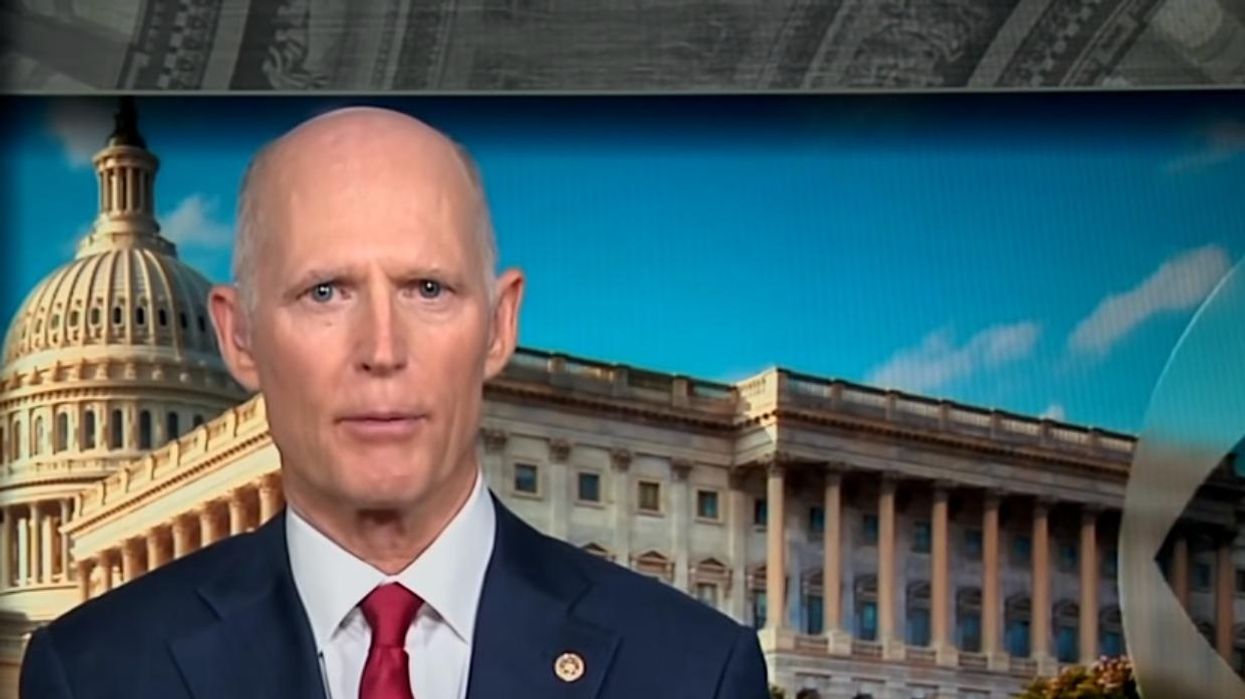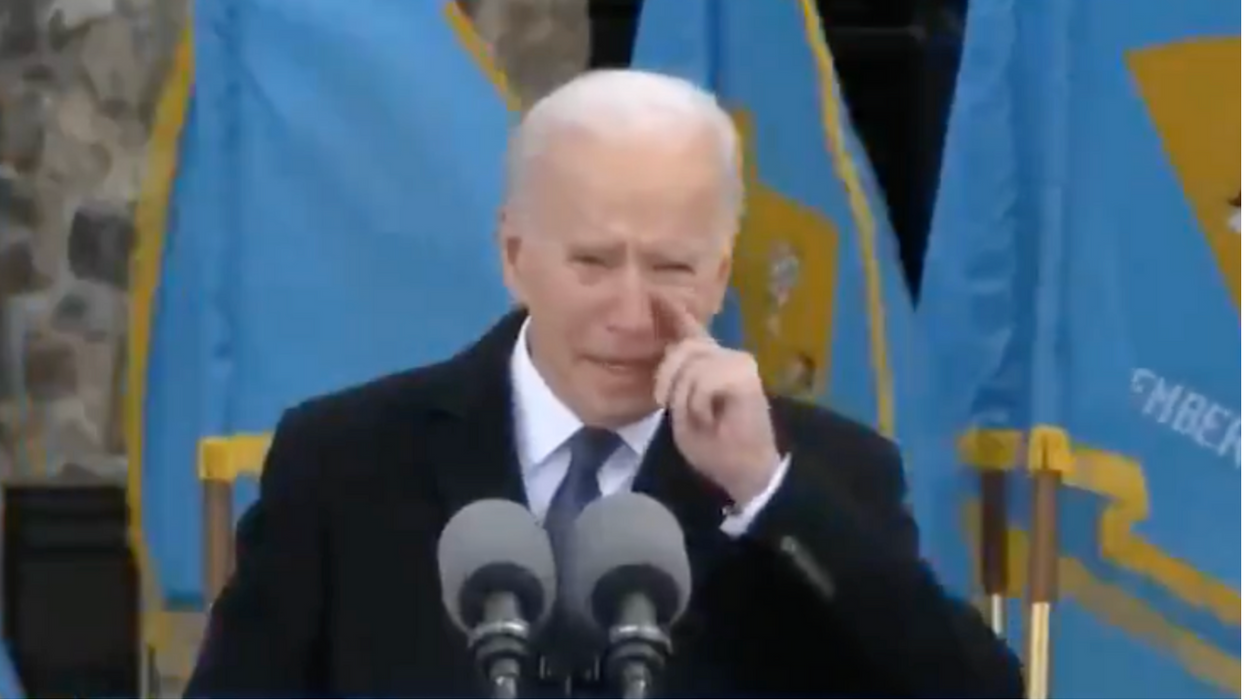Voters in 5 states — Connecticut, Delaware, Maryland, Pennsylvania, and Rhode Island —are hitting the polls today in yet another “Super Tuesday” primary. If you’re following along, either to keep abreast of current events or for pure schadenfreude, we’ve compiled each state’s delegate math and most recent polling to help keep track.
Connecticut
Each of Connecticut’s five districts awards three delegates winner-takes-all, and the remaining 13 delegates are distributed proportionally based on popular vote, unless one candidate manages to win 50 percent or more of the popular vote, in which case that candidate wins all 13 delegates. If Trump lives up to some of the more ambitious expectations of him (some polls have him at 52 percent of the popular vote), he could manage to take home all 28 delegates.
Even without a majority, Trump will likely dominate the Connecticut primary. Real Clear Politics, which averages multiple polls to make its projections, has the Republican frontrunner up 26 points, with Ohio Gov. John Kasich likely stealing second: he holds 28 percent of the vote, and Texas Sen. Ted Cruz trails at a dismal 19 percent (one recent poll suggests Cruz won’t even break 10 percent in Connecticut).
The Democratic Party regulates primary and caucus rules in all 50 states and is significantly more straightforward, logistically: a majority of the delegates are awarded proportionately, assuming runners up win at least 15 percent of the vote, and the remaining delegates are unbound “superdelegates” and can vote for whomever they choose.
Of the 71 delegates up for grabs in Connecticut, 55 will be awarded proportionately based on today’s vote — both Sanders and Clinton are projected to hit the 15 percent threshold. Still, the race will be a close one. RCP has Clinton leading Sanders by only 5.6 points, and one Public Policy Polling survey published yesterday suggests an even tighter race, with Clinton at 48 percent and Sanders at 46 percent of likely Democratic voters.
Delaware
Sixteen delegates are at stake in the Republican primary, awarded on a winner-take all basis. One of the few polls available in Delaware has Trump leading Kasich by 37 points, with Cruz falling to third place.
With little polling data available, the fate of Delaware’s 21 Democratic delegates is anyone’s guess. Clinton leads Sanders in the only available poll, 45 to 38 percent, but as Huffington Post points out, 17 percent of those polled were still undecided.
Maryland
Maryland will award 38 total delegates in today’s Republican primary: three in each of the state’s eight districts, 11 to the candidate who wins a plurality of the popular vote, and three remaining pledged to support the winner. This winner-take-most set-up will likely favor Trump, who has a substantial lead in the state. RCP has Trump up 14 points, and other polls suggest Trump could lead by as much as 20 points. While there’s not a lot of polling data from Maryland, election watchers suggest Kasich will likely come in second, with Cruz falling, yet again, to third place.
There are 95 pledged delegates up for grabs in the Democratic primary, and early data don’t fare well for Sanders, who trails Clinton by 24 points in the latest RCP poll. The analysts over at FiveThirtyEight put Sanders’s chance of winning Maryland at only 2 percent.
Pennsylvania
Despite sending 71 delegates to the Republican National Convention in July, the winner of the GOP primary will only gain 17 delegates as the result of today’s vote. Yes, that’s two fewer delegates than Rhode Island, the smallest state in the country. Still, Trump will likely win big in the Keystone State, at least in terms of the popular vote. RCP has the frontrunner up 26 points in the polls and a new NBC/Wall Street Journal/Marist poll echoes that sentiment, with 45 percent of likely Republican voters supporting Trump. Cruz trails behind at 27 percent of likely voters, and Kasich is just behind him at 24 percent.
Clinton will likely win a majority of Pennsylvania’s 189 pledged delegates. Polls show her leading Sanders by 14 points (54 percent for Clinton, 40 percent for Sanders), thanks largely to the state’s African American voters. Despite receiving an endorsement from the country’s oldest African American newspaper, The Philadelphia Tribune, Sanders is still down among likely black voters; in Pennsylvania, only 29 percent of African Americans support the Vermont Senator, compared with 67 percent who support the former Secretary of State.
Rhode Island
Trump will also dominate Rhode Island, where he holds a 25-point lead. One poll has the business mogul at 61 percent, Trumping Kasich’s 23 percent. Cruz is at a measly 13 percent. Still, Rhode Island is another state with incredibly complicated Republican primary rules: six delegates are awarded proportionately by district, provided a candidate wins at least 10 percent of the vote any given district (there are only two congressional districts in Rhode Island). If a candidate wins over 67 percent of the vote, they receive at least two more delegates. Ten of the remaining 13 are awarded proportionately based on popular vote, and the final three are bound to support the winner of the primary.
On the Democratic side, Rhode Island is shaping up to be an intense fight between Clinton and Sanders. There are 24 delegates at stake, and the polls are at a statistical coin-toss. RCP has Clinton up 2.5 points in the polls, however Public Policy Polling puts Sanders at a four-point lead over Clinton’s 45 percent.
The Takeaway
Trump will walk away from Super Tuesday IV with significant backup for his claim of delegate inevitability. If he sweeps all five states, we’ll surely hear louder calls for Cruz and Kasich to drop out of the race. But don’t expect that to happen anytime soon: both candidates have made it clear they’re in it to undermine the will of the an arbitrarily small plurality of Republican primary voters win it in an eventual open convention.
Despite signs that Sanders may pull off one or two upset victories today, he’s unlikely to put a dent in Clinton’s delegate count. One of Sanders’s biggest weaknesses is his inability to sway black voters in places Pennsylvania and Maryland. While he is also unlikely to leave the race anytime soon, Sanders’s progressive faithful may have to resign themselves to an inevitable Clinton candidacy in the near future.
Photo: Migraine. Pexels/ Gerd Altmann












